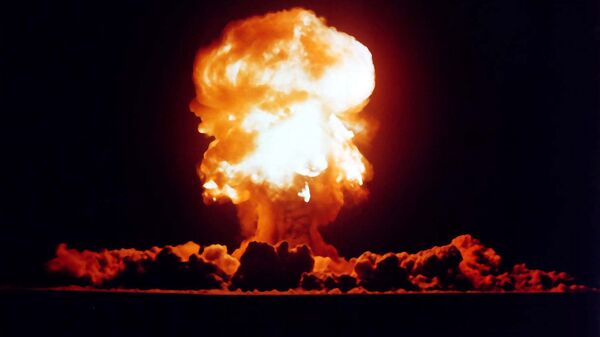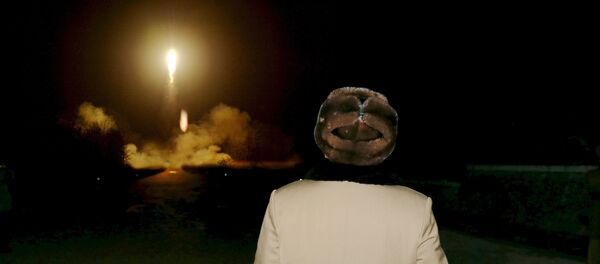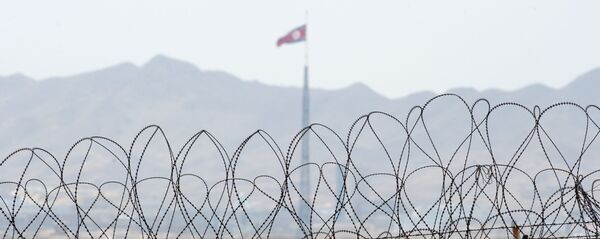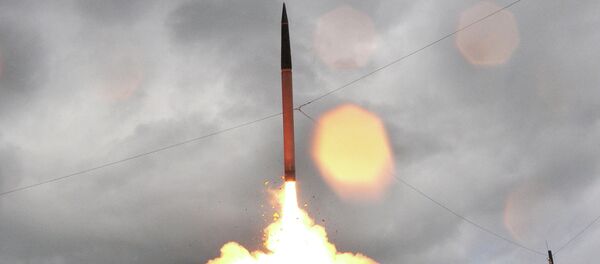Over the past few months, North Korea has conducted a series of escalating nuclear and ballistic missile tests. These have been roundly condemned by the international community and led to the implementation of harsh new sanctions from the UN Security Council.
South Korea and its principal ally, the United States, have used the situation to boost military cooperation. The latest proposal could lead to even greater tensions on the peninsula.
The National Unification Advisory Council, a constitutional organization formed to advise South Korea’s president on how to accomplish peaceful unification, has recommended stockpiling US nuclear weapons.
"Seeking redeployment of the US tactical nuclear weapons in the South and permanent deployment of advanced strategic assets of the US military in the South will pressure not only the North but also China to sanction the North," reads a report from the group, according to Korea Joongang Daily.
South Korean lawmakers made a similar request last month.
"We must not rule out any options including redeployment of the tactical nuclear weapons, nuclear development, a preemptive strike on the North’s nuclear facilities and bringing down the Kim Jong-un regime," said Rep. Lee Cheol-woo in September.
The United States first deployed nuclear missiles to South Korea in 1958, five years after the creation of the peninsula’s Demilitarized Zone. These were removed, however, in 1992, after both sides signed the Joint Declaration on the Denuclearization of the Korean Peninsula.
Top officials within President Park Geun-hye’s administration maintain that the South Korean government is opposed to the proposal.
The council has also stressed that the report is in no way official policy.
"It is a policy material that recorded that various discussions took place," said one official, according to Joongang Daily. "It is not an official policy recommendation by the council."
While officials debate the presence of nuclear weapons, Washington and Seoul have already agreed to install a Terminal High Altitude Area Defense (THAAD) missile battery in South Korea.
China and Russia have both expressed opposition to the deployment, arguing that the system could be used offensively and places their own national security at risk.






